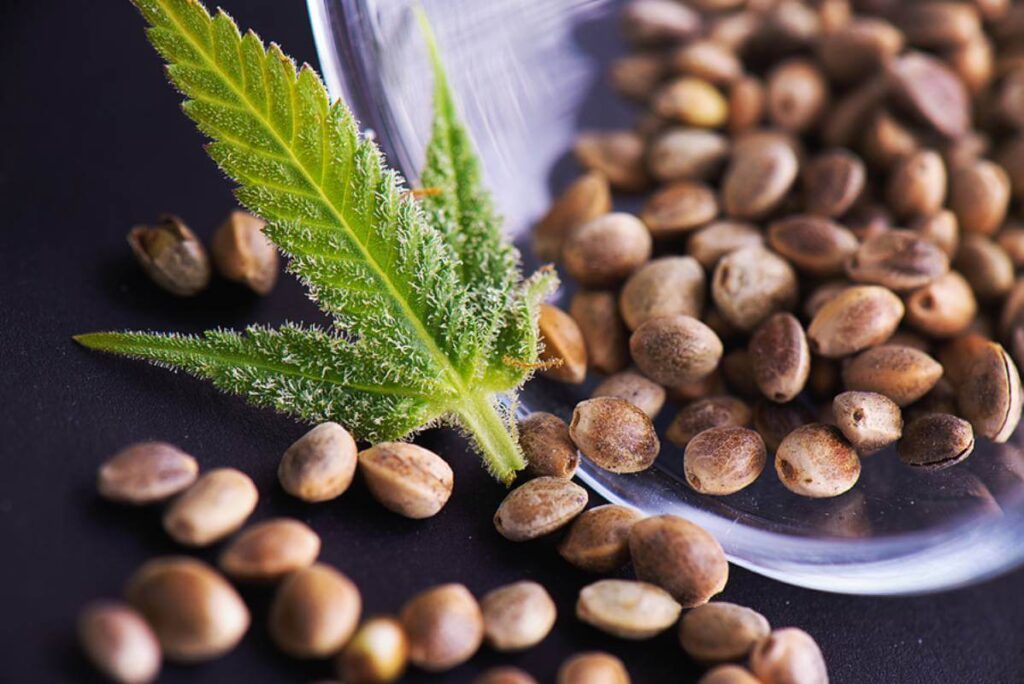Organic vs. Non-Organic Cannabis Seeds – Which Should You Choose?
Choosing between organic and non-organic cannabis seeds is an important decision for cultivators, whether you are growing cannabis for personal use or on a commercial scale. Both types of seeds offer distinct advantages and disadvantages, making the decision a matter of priorities, growing conditions, and personal philosophy.
Organic Cannabis Seeds
Organic cannabis seeds come from plants that have been grown without synthetic fertilizers, pesticides, or herbicides. These seeds are produced in an environment where natural inputs such as compost, cover crops, and biological pest controls are used. The primary goal of organic farming is sustainability, preserving soil health, and fostering biodiversity. For cultivators who prioritize natural growing methods and wish to minimize their environmental impact, organic seeds are a great choice. One of the major benefits of organic seeds is the quality and purity of the plant. Since they are free from synthetic chemicals, organic cannabis tends to have fewer contaminants, which can lead to a cleaner and more natural-tasting product.

This can be particularly important for medicinal cannabis users who seek a pure product without potentially harmful residues. Additionally, many believe that cannabis grown from organic seeds can produce higher concentrations of beneficial compounds like terpenes and cannabinoids, which enhance the flavor and potency of the product. However, best seed banks organic seeds and the cultivation methods required to grow them may demand more time and attention. Organic farming is often more labor-intensive and can result in lower yields compared to non-organic methods. The risk of pest and disease outbreaks is also higher because the use of chemical pesticides is limited.
Non-Organic Cannabis Seeds
Non-organic cannabis seeds, on the other hand, are typically produced using conventional farming practices that may include the use of synthetic fertilizers, pesticides, and other chemical inputs. These seeds are often bred for high yields, disease resistance, and fast growth, making them a popular choice for commercial growers who prioritize efficiency and cost-effectiveness. One of the main advantages of non-organic seeds is the ease of cultivation. With the support of synthetic fertilizers and pest control, growers may achieve higher yields and faster harvests. For those operating on a larger scale or in environments where pests and diseases are a significant concern, non-organic seeds may offer a more reliable solution. However, some drawbacks exist. Cannabis grown from non-organic seeds may contain chemical residues, which could impact the flavor, smell, and safety of the final product. Moreover, conventional farming practices can deplete soil health over time and contribute to environmental harm.
Conclusion
The decision between organic and non-organic cannabis seeds ultimately depends on your goals and values. If you prioritize sustainability, natural methods, and product purity, organic seeds may be the right choice. However, if your focus is on maximizing yield, ease of cultivation, and commercial efficiency, non-organic seeds might be more suitable.
